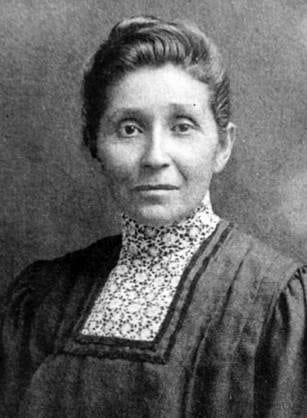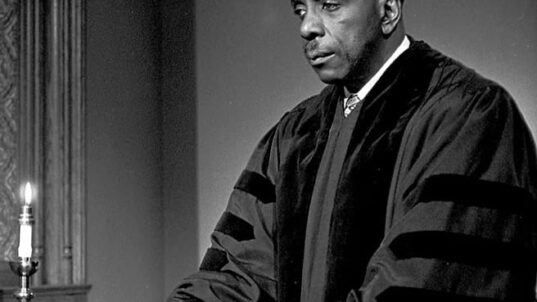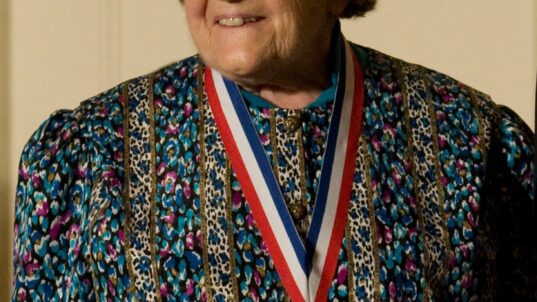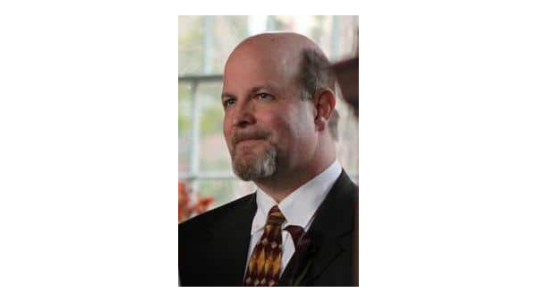
Dr. Susan La Flesche Picotte
Susan (La Flesche) Picotte was born in 1865 on the reservation of the Omaha Nation in Nebraska. Her father was the leader of the Omaha tribe. He was in favor of some assimilation policies, and this created tension within his tribe. Susan leaned some of the traditions of her heritage, but she was not given an Omaha name. She was encouraged to speak both English and Omaha.
A key moment in Susan’s life occurred when she was a child. She witnessed a white doctor refuse to treat a Native American woman. She knew at that moment that she wanted to become a doctor.
Susan started her education at a boarding school, which was essentially an indoctrination into white society. She would leave the reservation to study at schools in New Jersey and Virginia. Susan was accepted at the Women’s Medical College of Pennsylvania, one of the few schools where women could train to be doctors.
With very little money to fund her education, Susan became the first person in America to receive federal aid for professional education. In her aid agreement, she was made to promise to stay single for a number of years so she would focus on her practice. Susan graduated at the top of her class. She was the first Native American woman to become a doctor. She returned to the reservation to practice. She would often work 20-hour days to tend to the 1200 patients in her care. Her annual wages were just $750.
Susan was one of the first doctors to focus on preventative medicine and public health. Since alcoholism was a serious problem on the reservation, she became an advocate for prohibition. She also was an advocate for personal hygiene and sanitation practices that could reduce the incidence of disease.
Susan, known as Dr. Picotte after her 1894 marriage, was an early crusader against tuberculosis. Her husband died from the disease in 1905. In her advocacy work, she became more involved in Native American rights. Particular issues she advocated for were for more just federal oversight of reservations, inheritance rights for native peoples, and funding for public health.
Susan suffered from chronic illness her entire life. Her struggles included breathing problems, chronic head pain, and deafness. She died of bone cancer in 1915.
Susan was a hero to her people, but she remains virtually unknown to many of us. The legacy she left should be more widely known. For more information, you might check out the Dr. Susan La Flesche Picotte Center, which seeks to honor Susan’s life by carrying forward her work in the form of a community wellness center. Think about the obstacles that Susan overcame in seeking to improve the health of those in her care and the broader health and well being of her people. That is devotion that should be an inspiration for all of us.
* * *
“I am a dreamer who dreams, sees visions, and listens always to the still, small voice. I am a trail-blazer.”– Dr. Susan La Flesche Picotte



